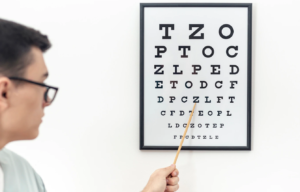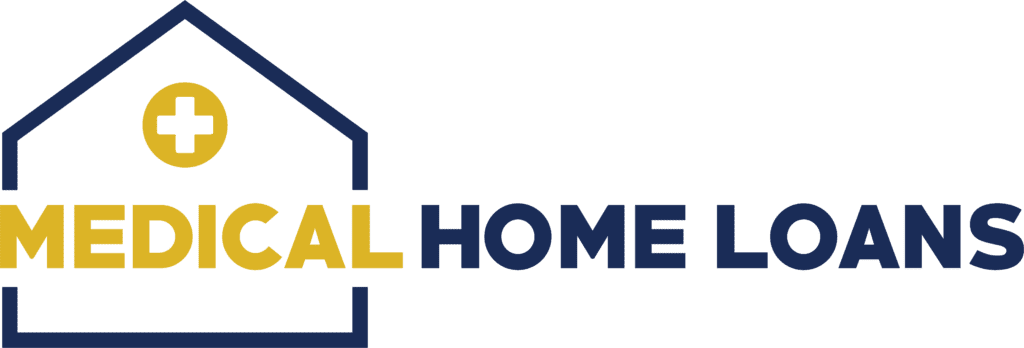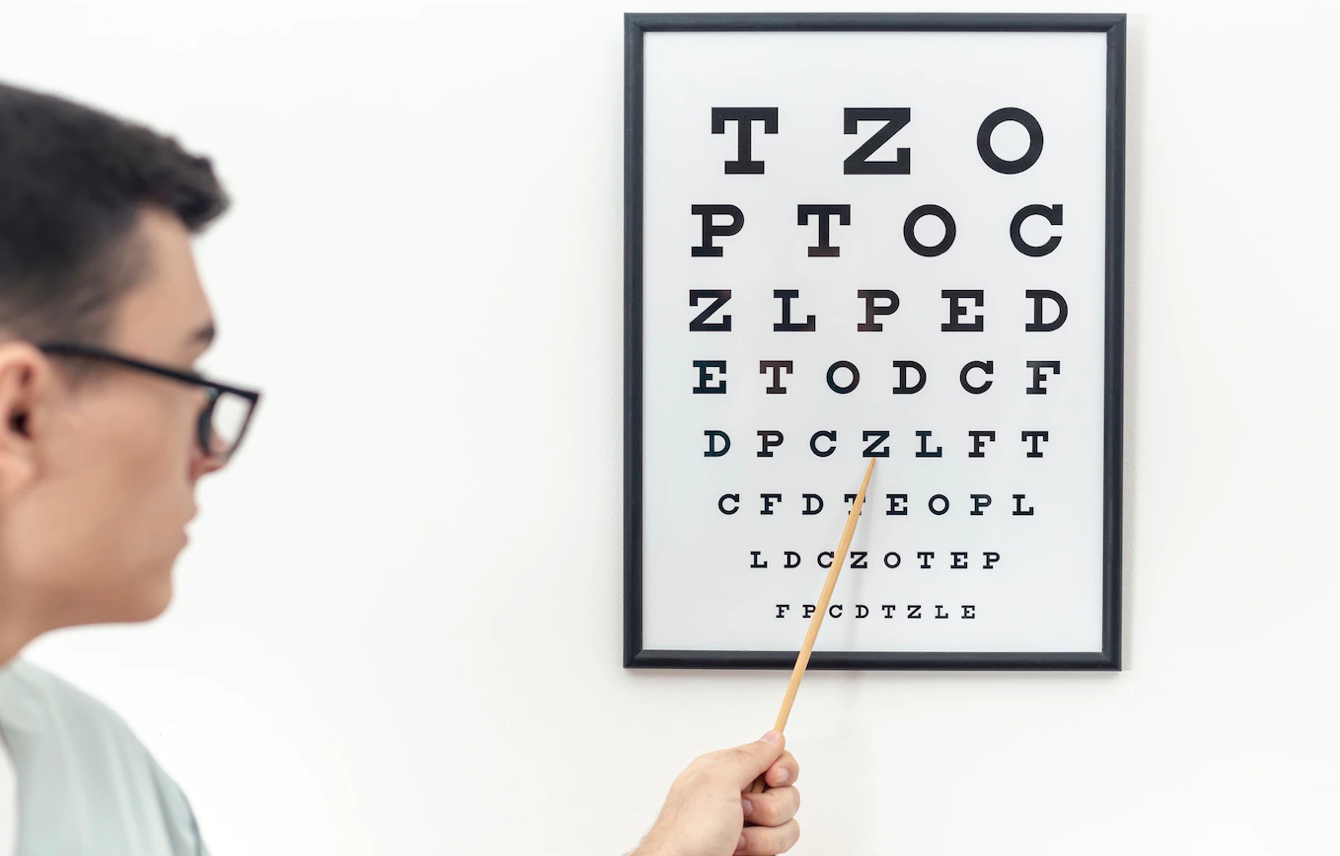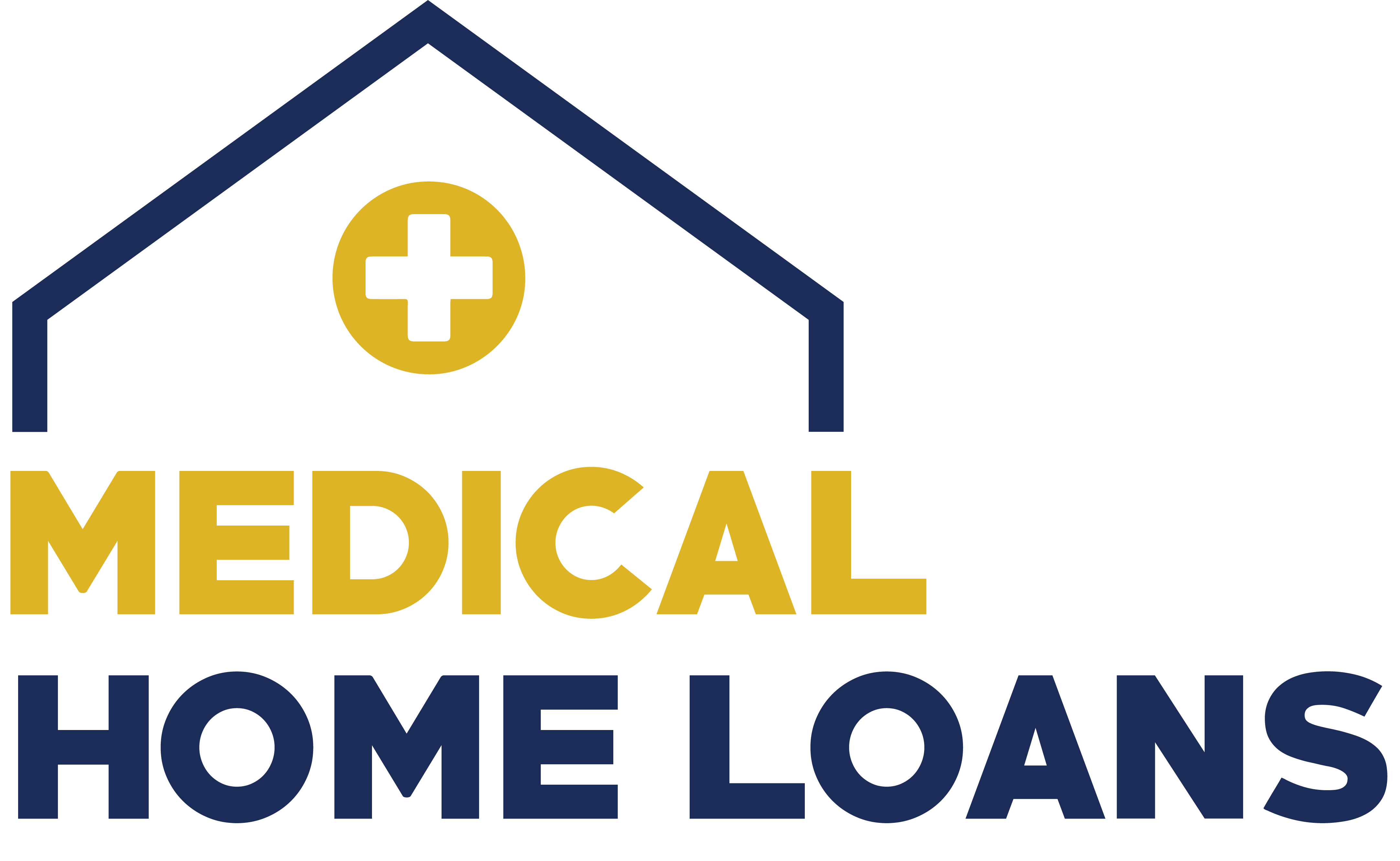As an optometrist, you’ve likely spent many years working hard to establish your career and build financial stability for yourself and your family. However, even with a high income, it can be challenging to secure a mortgage for a new home, particularly if you have significant student loan debt or other financial obligations. Fortunately, there’s a special type of mortgage loan that’s specifically designed for optometrists: the optometrist mortgage loan. In this article, we’ll take a closer look at optometrist mortgage loans, including what they are, how they work, and the benefits they offer.
Key Takeaways:
- Optometrist mortgage loans are specialized loans designed for optometrists and other healthcare professionals, offering lower down payments, lower interest rates, and reduced fees.
- These loans may have more relaxed lending requirements than traditional mortgages, making them easier to qualify for, but you’ll still need to provide proof of income, maintain a good credit score, and make a down payment.
- By choosing an optometrist mortgage loan, healthcare professionals can achieve their dream of homeownership while continuing to build their careers and financial stability. It’s important to research and compares multiple lenders to find the best loan for your needs.
What Is an Optometrist Mortgage Loan?
An optometrist mortgage loan is a specialized type of home loan that’s designed specifically for optometrists and other healthcare professionals. These loans typically offer more favorable terms  than traditional mortgage loans, such as lower down payments, lower interest rates, and reduced fees. In addition, optometrist mortgage loans are generally easier to qualify for than traditional mortgages, making them an ideal financing option for optometrists who are just starting out in their careers or have significant student loan debt.
than traditional mortgage loans, such as lower down payments, lower interest rates, and reduced fees. In addition, optometrist mortgage loans are generally easier to qualify for than traditional mortgages, making them an ideal financing option for optometrists who are just starting out in their careers or have significant student loan debt.
How Do Optometrist Mortgage Loans Work?
Optometrist mortgage loans work in much the same way as traditional mortgages. You’ll still need to submit an application, provide documentation of your income and assets, and undergo a credit check. However, there are a few key differences that set optometrist mortgage loans apart from traditional mortgages:
- No Private Mortgage Insurance (PMI) Required
One of the biggest advantages of optometrist mortgage loans is that they typically don’t require private mortgage insurance (PMI). PMI is a type of insurance that lenders require borrowers to pay if they make a down payment of less than 20% of the home’s purchase price. With an optometrist mortgage loan, you can make a smaller down payment (often as little as 0% to 5%) without having to pay for PMI.
- Higher Debt-to-Income (DTI) Ratio Allowed
Optometrist mortgage loans often allow for a higher debt-to-income (DTI) ratio than traditional mortgages. DTI is a measure of your monthly debt payments compared to your monthly income. With an optometrist mortgage loan, you may be able to have a higher DTI ratio (up to 50% or more) without being disqualified for the loan.
- Deferred Student Loans May Not Count Against You
If you have significant student loan debt, it can be difficult to qualify for a traditional mortgage. However, with an optometrist mortgage loan, lenders may not count your deferred student loans against you when evaluating your loan application. This can be a major advantage for optometrists who are just starting out in their careers and have large amounts of student loan debt.
- More Flexibility in Loan Amounts
Optometrist mortgage loans often offer more flexibility in loan amounts than traditional mortgages. With an optometrist mortgage loan, you may be able to borrow more than the typical loan limit for a traditional mortgage. This can be helpful if you’re looking to purchase a more expensive home or need additional financing for renovations or other expenses.
Benefits of Optometrist Mortgage Loans
Optometrist mortgage loans offer several benefits for optometrists and other healthcare professionals. Here are just a few of the advantages of these specialized home loans:
- Lower Down Payment Requirements
With an optometrist mortgage loan, you may be able to make a smaller down payment (or no down payment at all) compared to a traditional mortgage loan. This can be a major advantage for optometrists who are just starting out in their careers and may not have a large amount of savings to put toward a down payment.
- Lower Interest Rates
Optometrist mortgage loans often come with lower interest rates than traditional mortgage loans. This can help you save money over the life of the loan and reduce your monthly mortgage payments.
- No Private Mortgage Insurance (PMI)
As mentioned earlier, optometrist mortgage loans typically don’t require private mortgage insurance (PMI), even if you make a small down payment. This can save you thousands of dollars over the life of the loan.
- More Favorable Terms
Optometrist mortgage loans may offer more favorable terms than traditional mortgages, including reduced fees and more flexible repayment options. This can make it easier to manage your monthly expenses and plan for your financial future.
- Easier Qualification
Optometrist mortgage loans are often easier to qualify for than traditional mortgages, thanks to their more relaxed lending requirements. This can be especially helpful for optometrists who are just starting out in their careers or have significant student loan debt.
 How to Qualify for a Optometrist Mortgage Loan
How to Qualify for a Optometrist Mortgage Loan
To qualify for an optometrist mortgage loan, you’ll need to meet certain requirements set by the lender. While these requirements can vary from lender to lender, here are a few factors that are typically considered when evaluating your loan application:
- Income: You’ll need to provide proof of your income, which can include your salary, bonuses, and other sources of income.
- Debt-to-Income (DTI) Ratio: Lenders will also look at your debt-to-income (DTI) ratio, which is a measure of your monthly debt payments compared to your monthly income. A higher DTI ratio can make it more difficult to qualify for a loan, so it’s important to pay down your debt before applying.
- Credit Score: Your credit score is an important factor in determining your eligibility for an optometrist mortgage loan. While there’s no minimum credit score requirement for these loans, having a higher credit score can improve your chances of being approved and getting a more favorable interest rate.
- Down Payment: While optometrist mortgage loans often require smaller down payments than traditional mortgages, you’ll still need to make some sort of down payment. The amount required can vary, but it’s typically between 0% to 5% of the home’s purchase price.
- Residency Status: Some lenders may require you to be a licensed optometrist or in a residency program to qualify for an optometrist mortgage loan.
Conclusion
Optometrist mortgage loans are a great financing option for optometrists and other healthcare professionals who are looking to purchase a new home or upgrade their existing living arrangements. These loans offer lower down payments, lower interest rates, and reduced fees, making them a more affordable option than traditional mortgages. However, it’s important to do your research and compare multiple lenders to find the best optometrist mortgage loan for your needs. With the right loan, you can achieve your dream of homeownership while continuing to build your career and financial stability as a healthcare professional.







